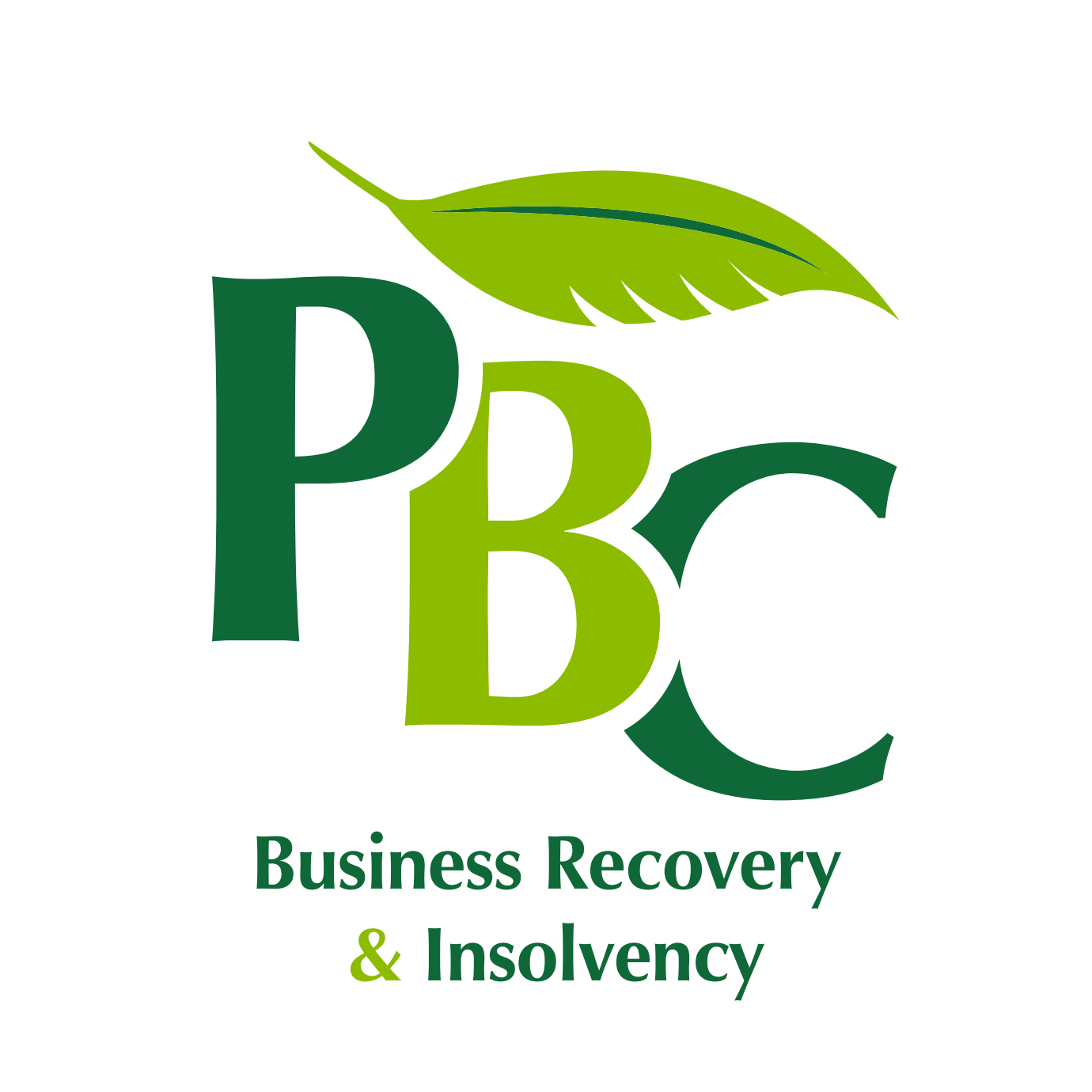When you are starting a business, it almost seems counterintuitive to focus on failure, but with research showing that over half of small and medium-sized enterprises don’t survive more than five years, it stands to reason that if you are aware of the most common downfalls, you’ll be more likely to avoid them.
Here are some of the most common reasons why businesses fail.
No market demand
It is essential to ensure there is demand for your product or service at a price that will generate a profit before investing any time or money. The old adage ‘if you build it they will come’ simply isn’t true. Market research is vital to ensure you don’t press ahead with an offering that is inferior to its competitors.
Poor cash flow management
You can have a great product, offer exceptional service, and boast a large customer base, but if cash flow issues mean you can’t pay staff or suppliers, then your business is at high risk of failure. Make sure you don’t confuse profit with cash flow and keep a close eye on incoming and outgoing expenditure.
Inadequate business plan
Fail to plan and you plan to fail. A comprehensive business plan will show if your idea is realistic in the first place and then it documents where you are going and how you are going to get there. It should be referred to frequently to check that the business is progressing as it should be.
Dependence on a small number of customers
Having a small number of loyal customers is no bad thing, but you must consider what would happen if your largest customer turned away from you. Would you be able to survive? If the answer is no, then it is time to start thinking about the steps you can take to diversify your customer base.
Over expansion
Although growth is to be welcomed, if expansion is too rapid them problems can arise. This can include moving into new, less profitable markets or having to borrow extensively to maintain the rate of growth. Sometimes less is more. Be focused and don’t lose sight of your core offering.
Tax Bills
HMRC is often the biggest creditor in insolvency cases. Keeping on top of tax requirements and budgeting for them is essential.
Poor management
Running a business requires a diverse skill set. If you’re going it alone, educate yourself on all essential aspects from finance to marketing. Alternatively, hire people with the expertise you are lacking, to carry the business forward.
Ultimately, running a successful business takes not only grit and determination but also comprehensive planning, top-notch management skills, and sound financial awareness. Get it right and you stand a good chance of succeeding where others fail.


